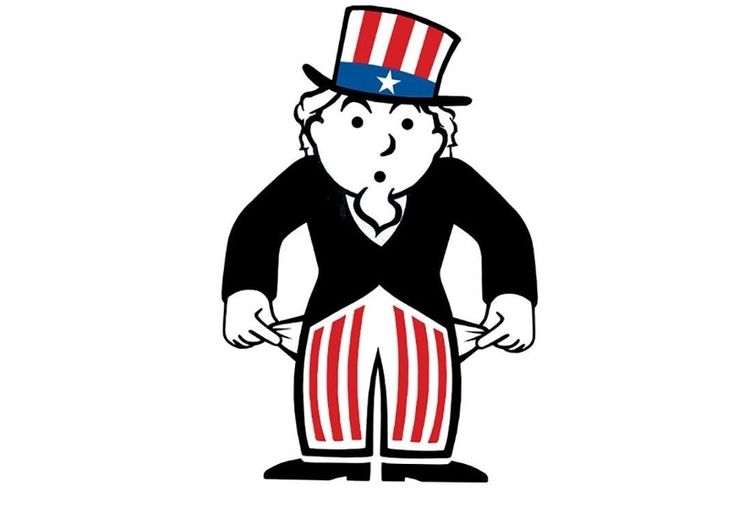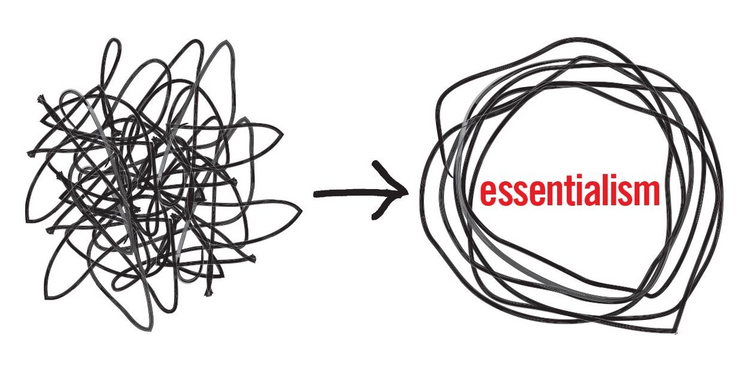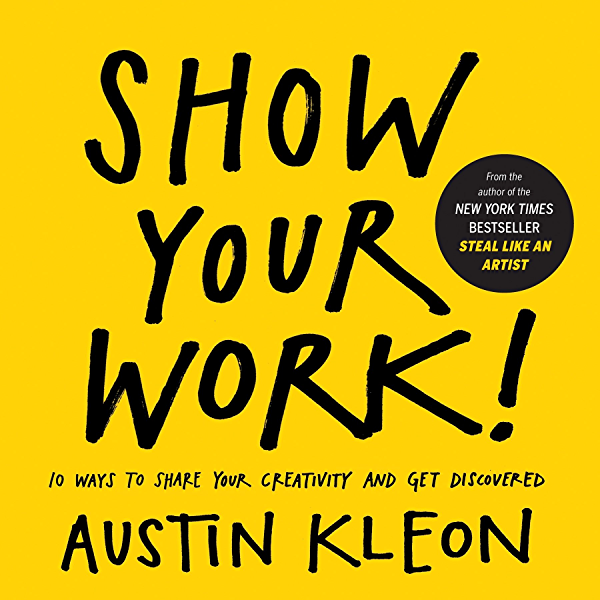The Practice (Seth Godin)

Hello!
Seth Godin's The Practice is the first book I read in 2021, and I think it has been quite a journey since implementing some of the tidbits that I learned from the book.
How I found this book
Seth Godin's The Practice - Shipping Creative Work is a quick read that packs a couple of key insights in terms of a big picture at process based work. I found out about the book from the Tim Ferriss show (Episode 476) when Tim interviewed Seth (who also has a blog), who promptly dropped the quote "Merely do the work" and discussed the definition of the word quality and how its typically misused as a rock to hide behind.
Who should read this?
Anyone who wants to produce something, anything really. I say this because the main message of this book is how to develop a working process that you control, where you are both exploring and sharing what you find. Also a great book in case you've ever e
- If in any way you want to (or have to) share your work with a wider audience
- If you have "writer's block" or, in my case, "blog starting block"
- If you honestly have no idea what you want to do next or you're feeling overwhelmed by having only big picture guidance
How did this book affect me?
I read this book at the start of my PhD. In the first year there are a lot of big questions, and a lot of reading literature and starting projects, whereas there may be less of publishing a completed project in a journal. Consequently, there is an absence of a clear path or deliverable outcome. This absence initially made me anxious coming from taught educational programs with a clear progression.
This book has let me mentally switch from wanting to control the outcomes (e.g. papers produced) to committing to and controlling the process by which I research. The book itself is a high-level almost philosophical discussion of process in tiny tidbits. Some of the major tidbits that stuck with me were
- The practice is what we can control, we control every day what we do and how we can share that
- Being an amateur is an asset - we can make mistakes, try new things out of the box, and also share and get
- Quality = Meets specification → only colloquially does it connote luxury
- Always ask: what is this for? Every engineer knows all the parts have a purpose
The token example in this case would be to commit to reading an Academic paper related to your work every morning, whether that paper is useful or enlightening is irrelevant. Its more practical than "understanding the whole literature" and even if that is all you do its still 252 papers per year.
If I had to summarize in a sentence
The overall message can be neatly summed up by this quote from Elizabeth King:
Process saves us from the poverty of our intentions
Quotes and Notes
Section 1 - Trust your Self
- The practice is what we can control - we do not control outcomes (though we have a deep desire to) but we do control what we do every day, we control the practice
- Creativity is an action, not a feeling. If we act as though we trust the process and do the work, then the feelings will follow
You can't really decide to pain a masterpiece. You just have to think hard, work hard, and try to make a painting that you care about. Then, if you're lucky, your work will find an audience for whom it's meaningful - Susan Kare
- On feeling like an impostor: The very nature of innovation is to act as if you're onto something, as if it's going to work, as if you have a right to be there. Along the way, you can discover what doesn't work on your way to finding out what does.
- Mindset of "I am _________ but they just don't realise it yet" - don't wait for someone to label you with the label you desire.
Section 2 - Generous
- Selling can feel selfish. We want to avoid manipulating people, an easy test: if the people you're interacting with discover what you already know, will they be glad that they did what you asked them to do ?
- If you want to say "no" more consistently, find something you want say "yes" to
- Choose to commit to the journey, not to any particular engagement. On the frontier, not all of your work will resonate. That is okay. Great work isn't necessarily popular, it is simply work worth doing
- Quality = Meets specification (only the more vernacular definition implies luxury and perfection)
Section 3 - The Professional
- Worrying is impossible without attachment. Nobody worries about the weather on Saturn because no one is counting on the weather to be a particular way
- Everything that matters is a skill and an attitude that we can learn
Section 4 - Intent
- Three simple questions: (1) Who are you trying to change? (2) What changes are you trying to make? (3) How will you know if it worked?
- First, find 10. Find 10 people who care enough about your work to enroll in the journey and then bring others along
- Who is it for? Not for everyone. For the subgroup ask: (1) What do they believe? (2) What do they want? (3) Whom do they trust? (4) What's their narrative? (5) What will they tell their friends?
- Ask: what is this element of our project for? - Engineers know everything has a function
- Your audience doesn't want your authentic voice. They want your consistent voice. You made them a promise - now you are keeping it
Section 5 - No Such Thing As Writer's Block
- Write more. Write to clarify. Write to think. Write to challenge yourself. Write on a regular schedule
- Merely do the work. Without commentary or drama or anger. Focus on the change you seek to make and bring intent to the craft. Simply that. Nothing more or less
- Replace "I'm stuck, I can't come up with anything good" with "I finished this, now I need to make it better" or " I finished this. It can't be made better. I am ready to do a new thing, because look at what I have learned"
- What is the smallest unit of available genius?
- It doesn't matter if the work is good at first. How can it be? What the first rounds of public work do is establish to the creator that it's survivable. Show up. Do your best. Learn from it.
Section 6 - Make Assertions
- Answers end the conversation, either because your answer clearly solves the problem or it doesn't. This doesn't begin the inquiry. Assertions (e.g. "Perhaps...") are the path to discussion
- The way to acquire the attention and participation of others is making an assertion. Too often we wait until we are sure that we are right. Better to begin with an assertion.
Section 7 - Earn Your Skills
- Two key differences in competitors (no difference in hours trained, social deviance, or talent): (1) Skill - the best swimmers swim differently than those who don't perform well. These are learned and practiced skills. (2) Attitude - the best find delight in the parts that other swimmers avoid
- Do your reading - the difficult work of learning to think with the best and stay caught up. It exposes you to the state of the art and its reasoning process. Reading takes effort. If you haven't done it, how can you be expected to be treated as a professional?
- The point isn't to copy, but to avoid copying. Our best commercial work reminds people of what they've seen before. Creativity doesn't repeat itself, but it does rhyme.
Section 8 - Seek out constraints
- Constraints enable art. Art solves problems in a novel way, and problems always have constraint
- Easy constraints include: time, money, format, team members, user trust, materials, technology, regulation, physics, the status quo
- Your work is never going to be good enough for everyone, but it's already good enough for someone
- Ideas strive to meet expectations. If people expect them to appear, they often do. They also often come in spurts, until you get frightened. They also often come from confidence.
Links
The Tim Ferriss Show episode I discovered the book on




